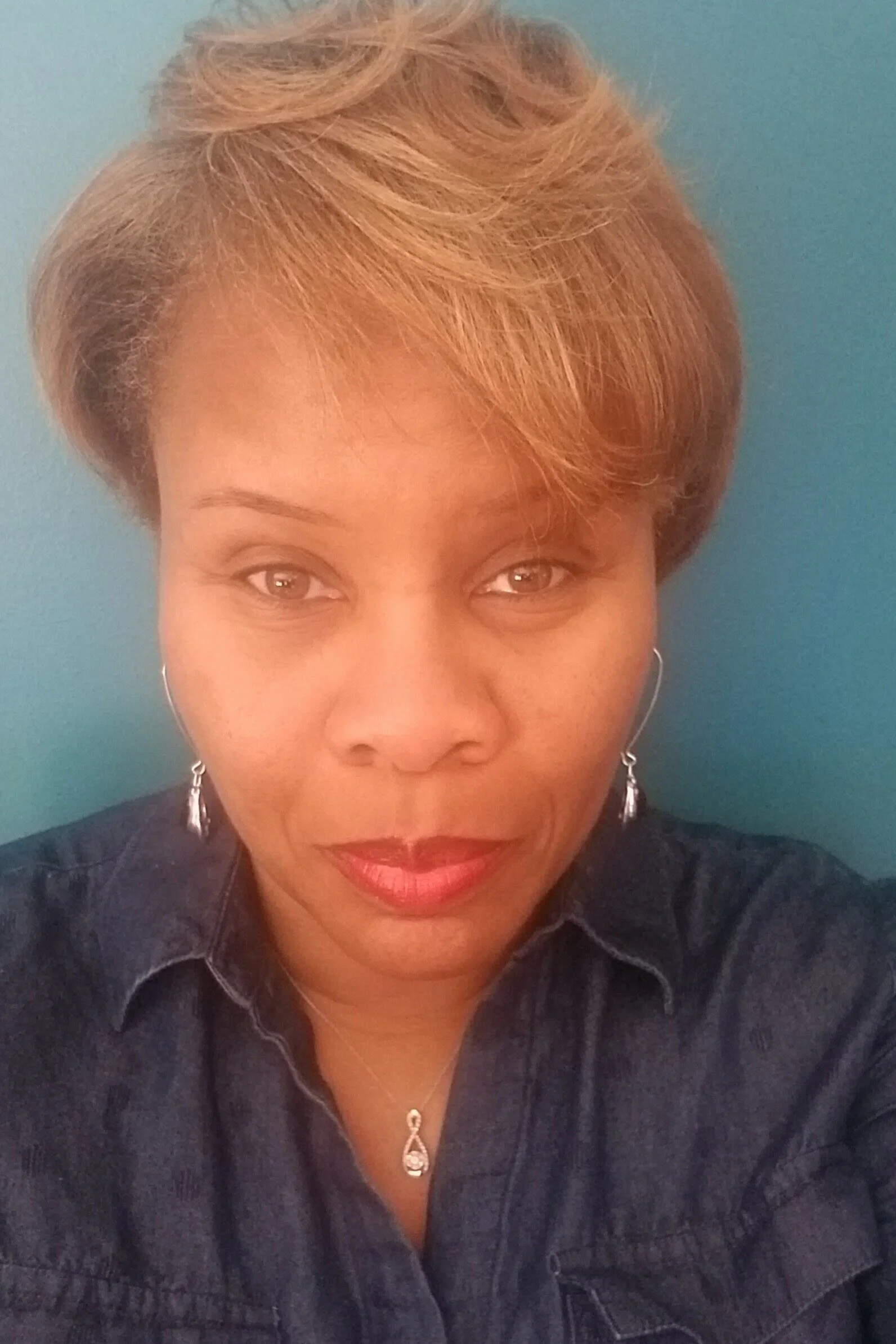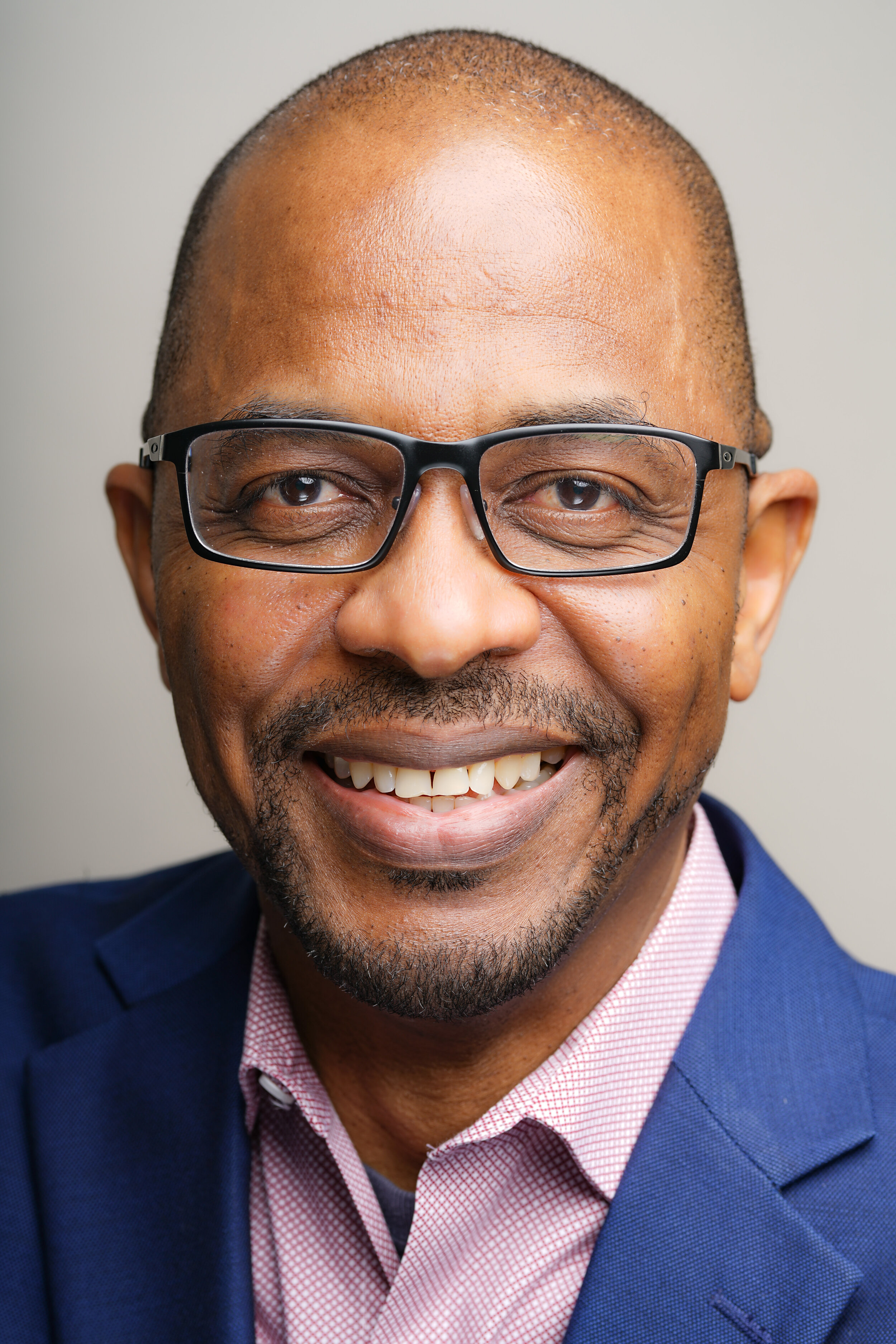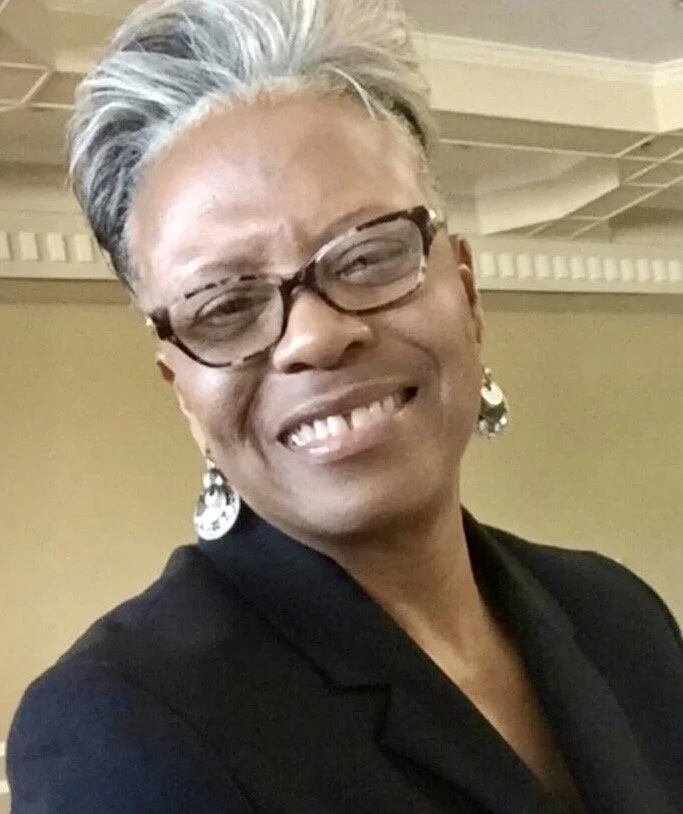Engaging with communities in meaningful and innovative ways
06-07-2021
McCormick’s Community Engagement and Academic areas are reimagining and integrating their disciplines to give students greater opportunities and communities new resources.
What’s next in theological education is what’s happening now at McCormick.
Community activists are part of the dialogue in Dr. Stephanie Crumpton’s Social Justice Ministry in the Local Church course. They’re sharing their experiences and applying biblical texts and other readings to current issues in real time.
Windowless rooms at Cook County Jail are being turned into welcoming classrooms through McCormick’s Solidarity Building Initiative. McCormick’s incarcerated students are connecting learning to their lives, replacing hopelessness with hope.
Community events have been recast as public education programs where community partners are playing a larger role in the public programs that McCormick offers. The National Council for Incarcerated and Formerly Incarcerated Women and Girls, the Chicago Torture Justice Center and Westminster Presbyterian Church have joined McCormick to share facts and actions that speak to crucial justice issues.
These are just some of the ways in which McCormick is addressing the issues and engaging with students today. “Over the past several years, we’ve been paying greater attention to enrollment and career trends,” said Rev. Nannette Banks, M.Div.’09, vice president of Community Engagement and Alumni Relations. “More and more, students coming to McCormick are answering the call to serve in its broadest sense. As an institution, our response to this broadening is to demonstrate that the classroom and the community are collaborators, not competitors, giving us the capacity for maximum social impact.”
Across the landscape of theological education, students are looking for their education to prepare them for additional vocations in social work, community organizing and activism, and non-profit leadership. “If students are coming to us already serving or seeking to serve in various vocations within the community, then we have a responsibility to offer them a transformative educational experience that incorporates and highlights partnerships and collaborations with community stakeholders, organizations, congregations and other seminaries that seek to do justice,” said Rev. Banks. “Our work is for the purpose of impacting lives, policies and programs that lead to just and sustainable communities, ultimately living out an embodied gospel.”
A seminarian’s perspective
Upon entering McCormick, Rhonda Hoskins knew that she wasn’t going to apply her theological education from the traditional ministerial platform. A retired Chicago school principal, Hoskins wanted her theological education to inform her work with youth, even though she wasn’t quite sure what that work would be. After attending McCormick’s Artist Forum in 2017, a public education program that focused on the voice and vision of author James Baldwin, Hoskins followed up with a course on Baldwin that the seminary offered. It engaged students critically with “I Am Not Your Negro,” a documentary focusing on Baldwin’s unique perspective on race relations in the United States, white supremacy and its impact on public theology, theological education, and the broader community. An idea started to take shape for Hoskins.
“Baldwin was a one-man BlackLivesMatter protest,” said Hoskins, a M.Div. student. “His writings are very much needed for the challenges we face today.” That belief led Hoskins to choose the Greater Chicago Broadcast Ministries as her field education site where she’s creating a film about Baldwin for a new generation. “I always had a desire to learn more about film making but didn’t think it would fit in with theological studies. But the sentiments of the Hebrew prophets are very similar to those of a James Baldwin or a James Cone, and using films to help the next generation make this connection is something I’m passionate about doing.”
McCormick’s commitment to study and practice has always been strong, noted Dr. Steed Davidson, dean of the Faculty, vice president of Academic Affairs and professor of Hebrew Bible/Old Testament. “What we’re seeing today is a greater integration of the two,” said Dr. Davidson. “Academically, we want to prepare students to lead just and sustainable communities. We also want to give them opportunities to be immersed in community experiences where they can start to apply their learning. But we also had a third opportunity – community events that often stood alone but could benefit from the pedagogy and spiritual formation considerations that the other parts of our seminary offered.”
A new way to engage
One area where this integration is taking place is McCormick’s Solidarity Building Initiative, SBI. The initiative grew out of a pilot certificate in theological studies that started three years ago at Cook County Jail and was taught by Dr. Jenny McBride, associate dean of the Doctor of Ministry Programs and associate professor of Theology and Ethics. Today, SBI’s liberative learning model works to create meaningful connections among McCormick’s faculty, staff, students and a segment of the community that is often overlooked – people who are incarcerated.
“The ideals that frame SBI work together to increase public awareness of mass incarceration issues,” said its program director, Jia Johnson. “We are also intentional about creating enough expansiveness within the program to allow for it to be a site of constant innovation, creativity, radical imagination and collaboration. It is from this posture that we welcome and invite the McCormick community of students, faculty and staff, community partners and faith communities to join us in co-creating opportunities to be part of a learning model that cultivates a community of belonging in a space not previously designed for flourishing. We also invite them to join us in seeking ways to provide re-entry support to people who have been incarcerated.”
“Whether we’re in a classroom on campus, at the jail, or offering a public education program, McCormick wants to provide opportunities for theological education that work toward justice,” added Rev. Banks. “We want to express the fact that we stand in solidarity with the communities around us.”
Rev. Nannette Banks
“We want to express the fact that we stand in solidarity with the communities around us.”
Dr. Steed Davidson
Rhonda Hoskins
Jia Johnson





